Finding someone to offer sage advice and guide you through your career can be invaluable.
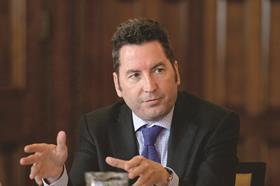
Finding a mentor is not easy. It requires time and planning. For starters, you need to know exactly what it is that you require from a mentor – because mentoring is a pointless exercise without focus. The scatter-gun approach is also mostly fruitless. Enter ‘Find me a mentor UK’ in Google and your search box will throw up an array of hits, from Richard Branson through to one-man-band entrepreneurs keen to make a fast buck. But once you have sifted through all these, the odds of finding the perfect mentor are stacked against you.
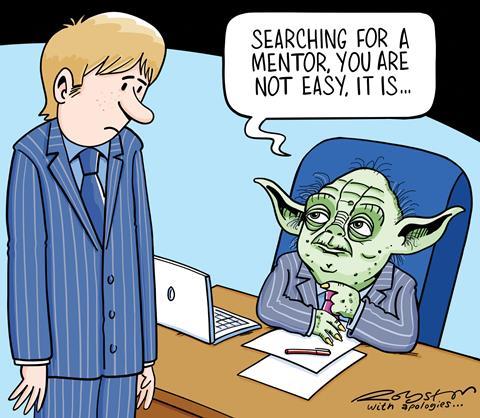
Why? Suppose you want to progress (for example) from being a partner in an East Anglian firm to becoming a deputy district judge. What is the likelihood of finding someone locally, online, who has already made that same journey and with whom you can strike up a rapport?
There is no easy fix. Instead, as people with experience of mentoring tell the Gazette, irrespective of whether you are an aspiring trainee or the global partner of a major firm, you need to ‘put yourself out there’ and actively seek someone you can trust and who can help you.
Tony Roe of Reading firm Tony Roe Solicitors says that this approach has helped steer his career since he was admitted to the profession in 1990. ‘I’ve built up a cabal of sages,’ he says. ‘A network of people who stop me beating my head against a brick wall when I’m unsure what to do next. They don’t wear a badge saying “Mentor”. They’re people I’ve met, through networking or work, that I trust and respect. They are not all lawyers, although most of them are. They are not just problem-solvers, either; they also talk and encourage. We’ll often meet over lunch. It’s worked for me and it will work for you.’
National firm VWV (previously known as Veale Wasbrough Vizards) partner Dee Kundi attributes much of her success to Chris Owen, a former chair of Birmingham Law Society and now a Gazette careers counsellor. ‘Chris began to mentor me when I was looking to move from in-house to private practice. We put together a business plan and I was subsequently offered five partnership opportunities in Birmingham. I wouldn’t be where I am today without his help. He’s made a huge difference. Sometimes you need someone who is more senior and wiser than you to give you direction. Chris was that someone for me.’
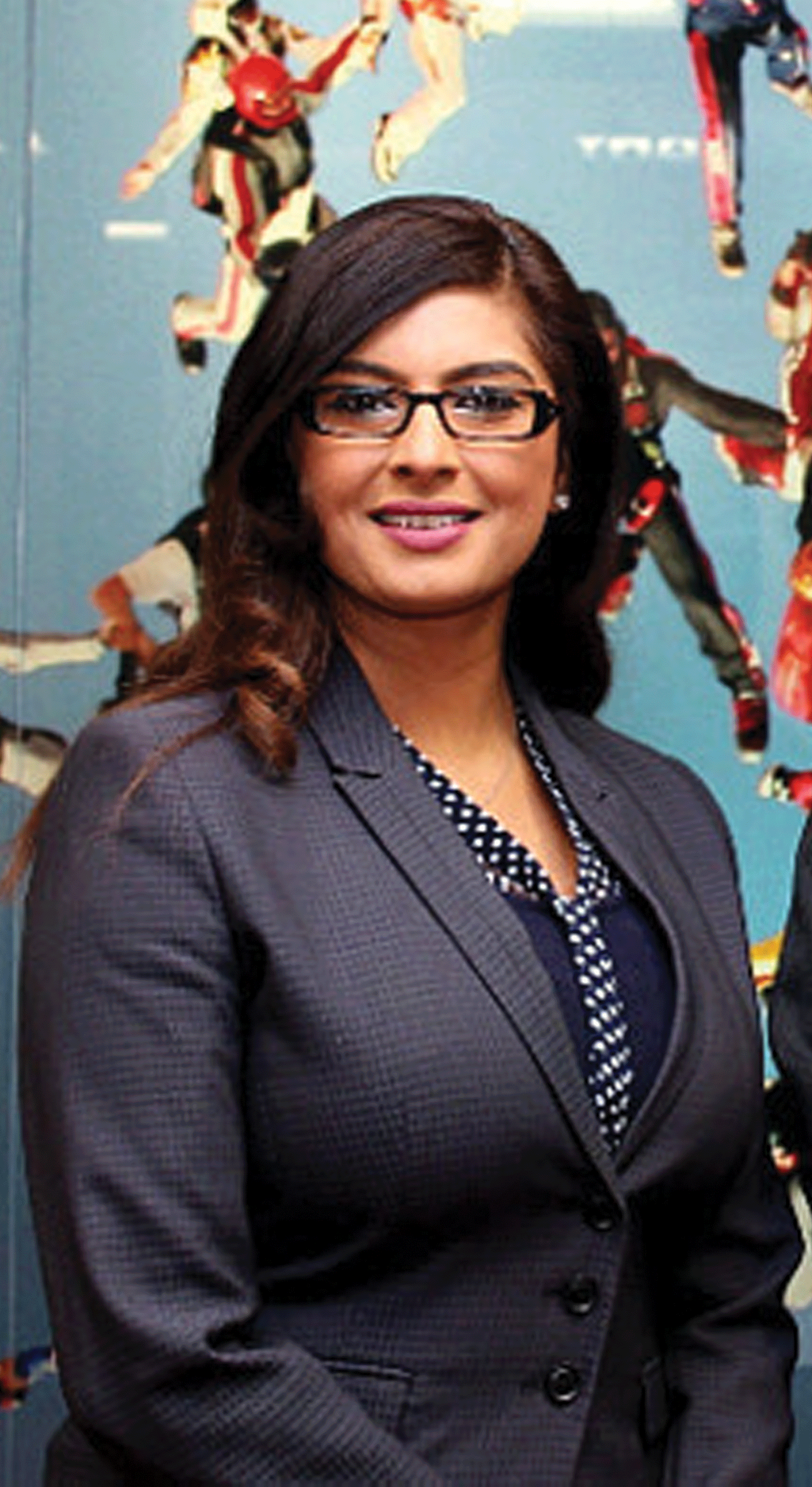
Kundi nowadays ‘gives something back’ by regularly talking to students at university seminars and soft-skills workshops. She advises law students to talk to their tutors and ask them who to approach for mentoring. She also urges putative mentees to join a membership organisation, such as their local law society or chamber of commerce. The Law Society also has membership communities, of course, including the Junior Lawyers Division (JLD), Women Lawyers Division and Small Firms Division.
Lawyers are not the only people who require mentoring and benefit from it. London firm Grant Saw commercial property solicitor Hilary Palmer spent a year mentoring the headteacher of a north London secondary school. ‘I’m not an education specialist,’ says Palmer, ‘but as lawyers we are trained to listen and problem-solve.’ This headteacher was worried that her school, with its high proportion of non-English-speaking refugees, was failing to meet its performance targets. Adding to the problem, once a refugee pupil began to make progress, they were often moved to a different hostel in a different part of town.
‘My mentee was at the top of the tree as far as her teaching staff were concerned and thought it inappropriate to seek help from subordinates. And in the interests of her future career, she certainly didn’t want to seem weak in the eyes of other headteachers locally. I wasn’t in a position to change how schooling is organised in London, but we talked through the issues and, happily, my mentee was able to bring a new impetus to her day-to-day work. She was less stressed and, importantly, an outstanding teacher was dissuaded from throwing in the towel and leaving the profession.’
City firm Azarmi & Co director Sally Azarmi set up her own firm after 20 years in practice. ‘When you’ve been practising all those years, you have inevitably met lots of lawyers with different skills who might make useful mentors. Call one of them and suggest a coffee or lunch. Talk to your bank manager or marketing professional. They have a different way of seeing things and can help you try new ways of doing business. I try and see a mentor in everyone I meet. One of my earliest mentors was someone I sat with as a trainee. And then there’s my husband. He’s a telecoms manager with a wealth of experience outside the world of legal services.’
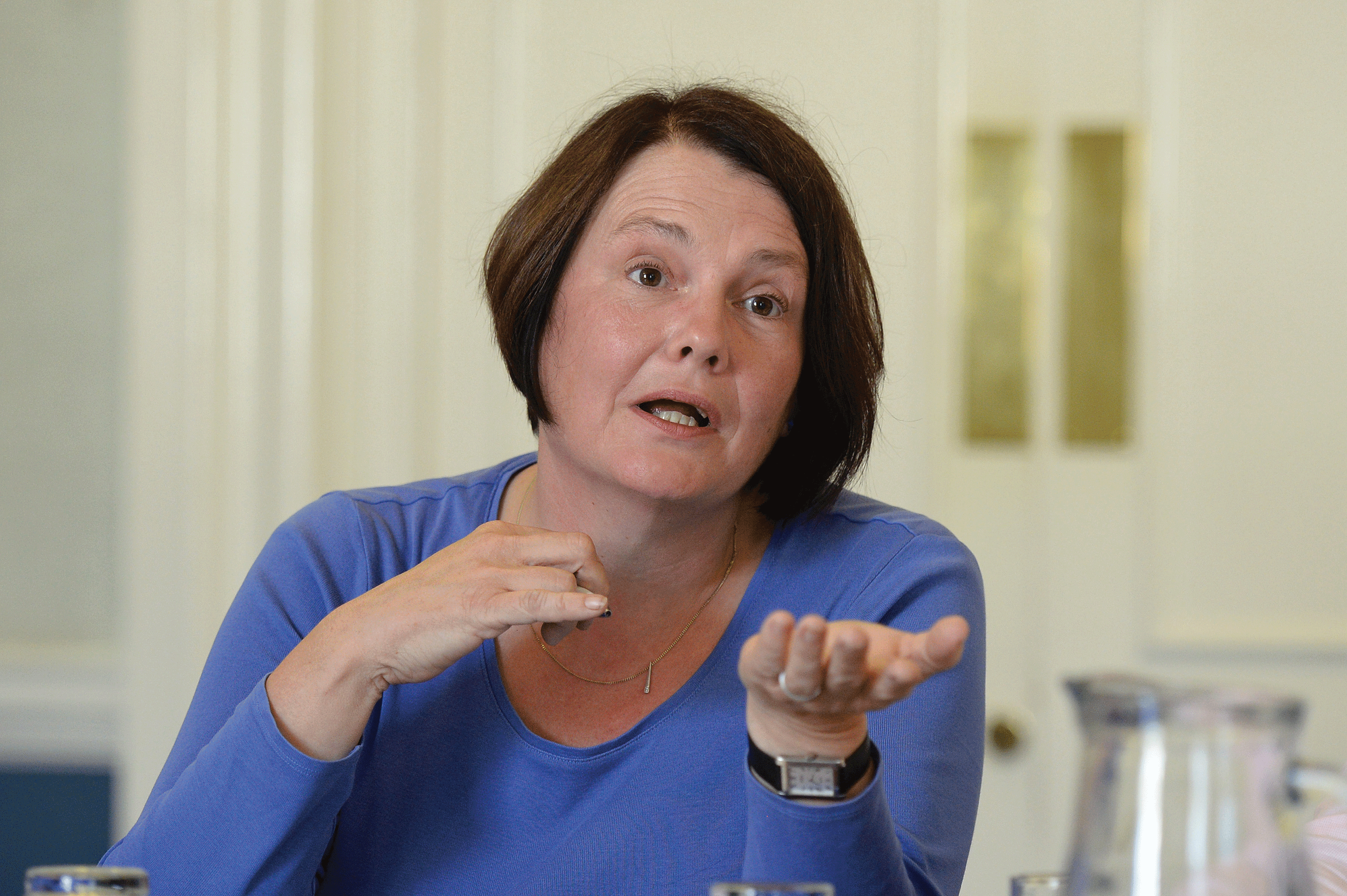
It is not all one way. Azarmi now advises youngsters and talks at schools about ways into the profession and the daily work of lawyers. ‘I once inadvertently mentored someone living in India through Instagram. It seemed successful, although we never met,’ she adds.
Tamasin Dorosti, a trainee solicitor at Reading firm Boyes Turner, wrote a blog for the JLD in which she extolled the value of having a mentor to guide your early career. She wrote: ‘Before starting the search for a mentor, make sure you understand why you want one – is it because you want a promotion, for example? Know what you want to gain from the relationship. This can then help you identify the right person… One of the foundations of the mentoring relationship is trust… which must be combined with commitment from both parties.’
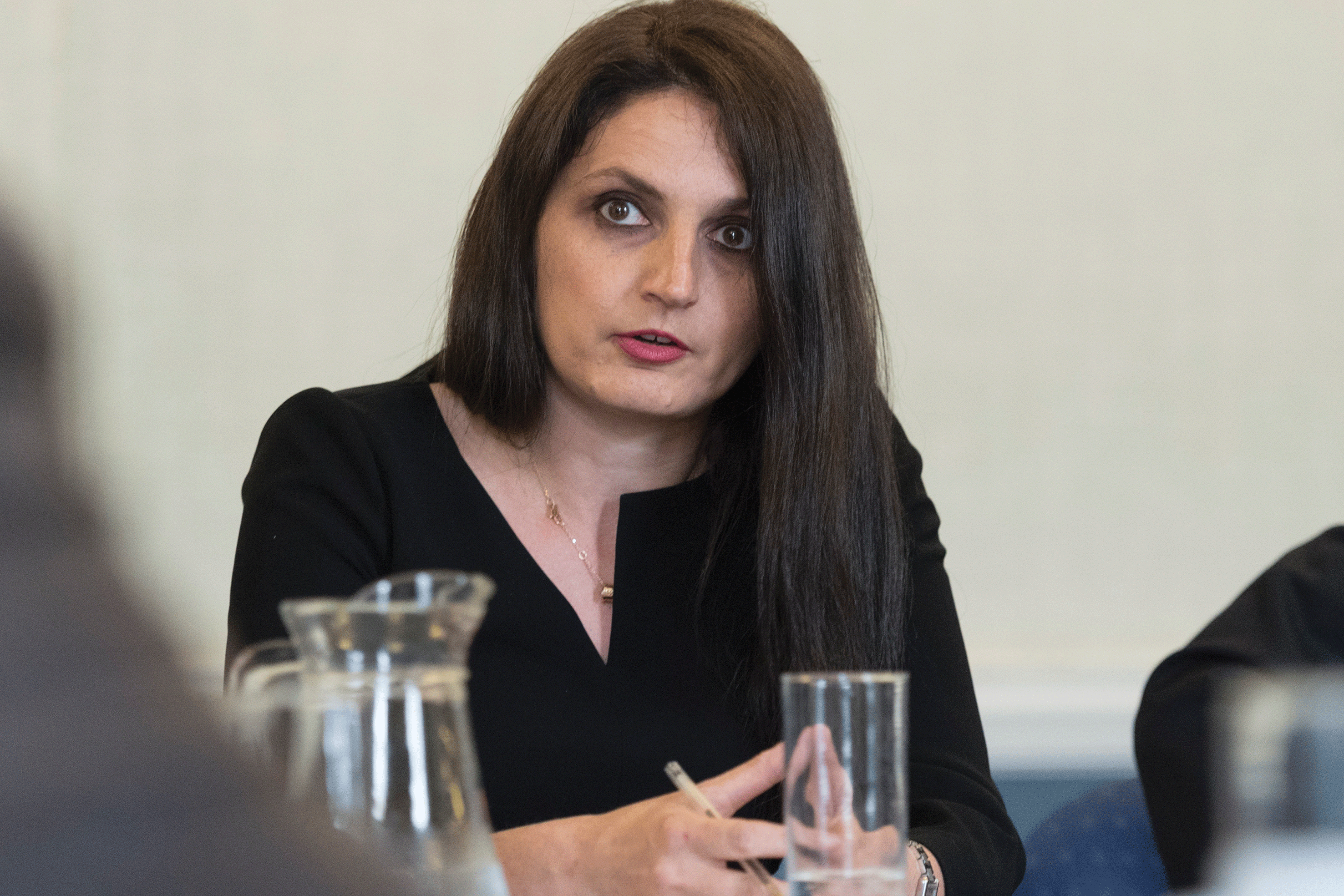
National firm Slater and Gordon associate Jessica Standley has been a volunteer mentor for University of Law students for five years. ‘It’s not for me to tell mentees what they should do,’ she says. ‘Most students are pretty sensible and know what they want to achieve. My role is to point them in the right direction to get the appropriate work experience. And also to help them get a training contract, which is incredibly competitive.’
There are a number of bodies that provide mentoring specifically to lawyers. One is LexisNexis, which has been running a free mentoring scheme for in-house lawyers for around five years. The scheme is led by former in-house lawyer Sophie Gould. ‘We have more than 100 individuals in the scheme,’ she says. ‘Both our mentees and our mentors, who we help pair up, say how helpful they find it. Mentees say it helps them to talk through the challenges of their role with a more experienced lawyer. While mentors, even the most senior lawyers among them, find that mentoring gives them an insight into what their own teams may be going through. One senior lawyer told us that it gives them greater awareness of their own strengths and weaknesses.’
Two other organisations that arrange mentoring for aspiring lawyers focus on diversity. The BLD (Black Lawyers Directory) Foundation was started by Debo Nwauzu in 2006. She explains: ‘We support young people (aged 13 to 30) from ethnic minority and/or socio-economically underprivileged backgrounds so that, despite their disadvantages, they are able to achieve their full potential. We tell them about the opportunities available in the legal profession and equip them with the skills to take advantage of these opportunities. We also arrange access to work placements and recruitment opportunities, often in the country’s top firms and chambers.’ Nwauzu adds that ‘networking is key’ when seeking a suitable mentor and that even senior lawyers can benefit from mentoring ‘if they are to keep ahead of the game’.
TOP TIPS
- Understand why you want a mentor - Is it because you want promotion?
- Put yourself out there. Join a local membership organisation
- Suggest a coffee or a lunch with a mentor who might work for you
- Talk to your bank manager or marketing professional for fresh insight
- Consult and persevere - do not be afraid to ask
Aspiring Solicitors was set up in 2013 by Chris White, then an associate at a global firm. He now works full-time for the charity. Why turn his back on a glittering future in corporate law? ‘I was fed up with the discrimination and inequality in the profession that I witnessed every day,’ White says. ‘To make a meaningful dent in this culture, I needed to counter it full time. It was one of the easiest decisions I have ever made.’
The service is free to members, who can broadly be defined as being from under-represented groups in the profession, such as ethnic minorities, people from low-income families and the disabled. Aspiring Solicitors works with more than 400 legal professionals from dozens of firms and legal teams. In the last two years it has secured more than 260 training contracts and 650 vacation schemes for its members. White says: ‘Thanks to the work we do, no aspiring solicitor in the UK can ever again say that he or she has no contacts within the profession.’
How to find a mentor? Network strategically. Join a membership group. Consult people from within and outside the profession. Know exactly what you are hoping to achieve. And persevere.































1 Reader's comment